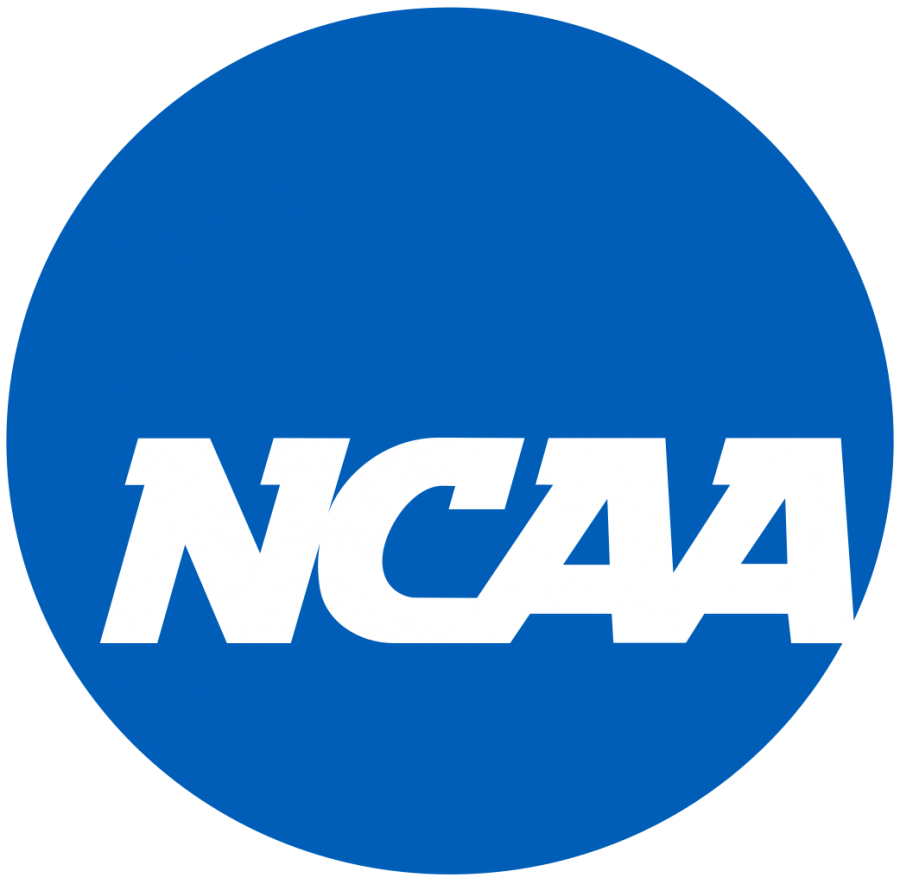NCAA on its way to allowing athletes to get paid
The NCAA comes closer to letting its student-athletes receive pay for their likeness.
May 11, 2020
Modernizing some of the NCAA’s rules and giving players a chance to get paid has been an ongoing conversation, but the NCAA Board of Governors has taken a step to turn that conversation into reality. The NCAA Board of Governors recently supported a vote for athletes to have the opportunity to receive pay for their likeness and third-party endorsements. This rule change has not been put into effect yet, but if officially passed it would likely start in the fall of 2021.
A person’s “likeness” is who they are, so athletes would be able to profit off their name and image as well as endorsements in advertisements. This means players’ names could appear on jerseys while the player is still in college, something that is not allowed with the current rules. As of now, jerseys can only be sold with player names of players that have already graduated. This potential new rule also makes it sound like the highly popular NCAA football video game could make a return but unfortunately, “there are too many legal hurdles” making the possibility far less likely. Val Ackerman, Commissioner of Big East conference, said in an interview that the return of the video game is highly due to the fact that there is no unionization in college sports like there is in the professionals.
This change will also allow athletes “to monetize their social media channels, profit from writing a book or making a music album, host a sports camp and start a business,” according to ESPN. Athletes will potentially have the opportunity to earn revenue through these alternate pathways, however, “they won’t be permitted to use school logos or trademarks in conjunction with their business ventures.” These new business opportunities mean college athletes would need to hire agents and accountants to help them market themselves and manage their money. Agents will grow more necessary for college athletes since schools would not be allowed to help athletes find endorsements. Leigh Steinberg, an NFL agent, believes athletes could begin selecting agents in high school in order to build a brand and maximize on endorsement opportunities.
If the new rule is put in place, it is expected to be shaky at first, like any new rule. Once the kinks are worked out though, this rule is expected to become the new normal.








